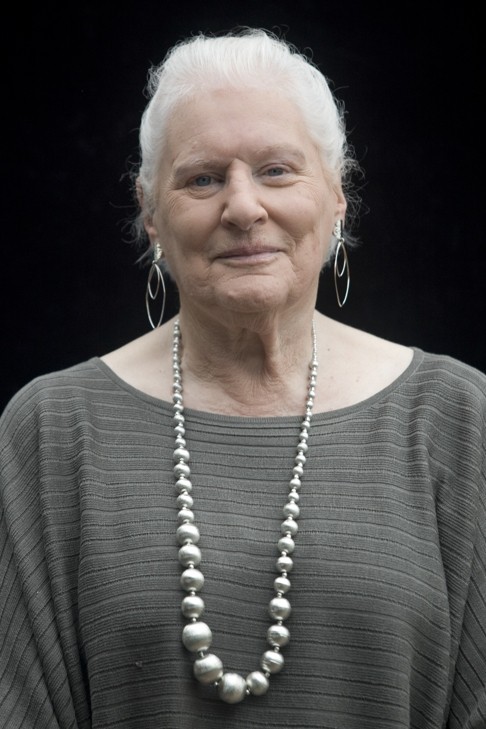
Audiobook and e-book reviews: Stripping Down, Stet, Happy City
Memoirs of an American stripper with a literary gift, and a veteran British book editor with tales to tell

by Sheila Hageman
Amazon Digital Services (e-book)
Two stars
Things don’t add up in this book, which examines the life of a stripper with a literary gift. That Sheila Hageman can write is evident, but whether she should be penning a memoir is debatable. Her contention, not entirely believable, is that finding her father’s porn collection at 12 years of age was so shocking it turned her into the person she became: someone attracted to risk and who craved attention. Going back and forth in her life, Hageman declares that hers was a quiet childhood, in Connecticut, and contrary to the stereotype of strippers, she had not been sexually abused as a child, although her parents did divorce when she was 13. She was “a good girl”, she insists. But she suffered from depression and couldn’t help but be attracted to danger, in the form of casual sexual liaisons. Cheating, however, filled her with guilt, as did going that extra step from stripping, which had her asking: “What won’t I do for money?” Hageman now blogs about, among other things, body image and motherhood. She is also a writing teacher, which will make readers wonder why she calls herself “the ultimate survivor”.

by Diana Athill
Granta (e-book)
Four stars
Editors must never expect thanks, Diana Athill writes in her wonderfully entertaining autobiography Stet (the Latin instruction to a typesetter to “let it stand”). “If we want praise for progeny we must give birth to our own.” This book, then, is her attempt to let her experiences in the publishing world be revealed in its original form. Born in 1917, Athill helped Andre Deutsch set up the eponymous publishing company in 1951, and during her decades there worked with some of the 20th century’s most successful authors, among them John Updike and Philip Roth. Known as among the best editors in London, Athill says her work was enjoyable although she was aware of the importance of liking her authors. Usually that was easy, except when dealing with writers such as V.S. Naipaul. He changed publisher after a dozen words of criticism from her (only to return when he realised his rash decision had been a mistake). Athill, who wrote Stet in her 80s, takes delight finally in telling it like it was. That includes explaining how publishing has changed. Now, she says, the “quick and easy” is being catered for more lavishly than it used to be.

by Charles Montgomery
Tantor Audio (audiobook)
Three and a half stars
If, as you read this book, you feel your anger rising, then Charles Montgomery has done his work. Author of Happy City, he is advocating for changes in urban design so that our experience of working/living in town isn’t one of sitting in traffic jams, having nowhere to walk, spending more than we should on using the city, and the rest. Read by Patrick Lawlor, the book is full of illustrative stories across architecture, psychology, politics, travel and the environment to tell us what we probably already know about many cities, Hong Kong included – that they need not be as much a tax on our health, pocket and sanity. Montgomery uses as his hero Enrique Penalosa, mayor of Bogota from 1998 to 2001 (and re-elected recently), whose pledge to his people was that he would make them happier. Some of the ways in which he did this was to reorganise spaces so there were more parks, plazas, libraries and schools. Instead of new highways, he put money into bike and pedestrian paths so that people weren’t forced to drive. The discussion fostered by people such as Montgomery is important in ensuring cities don’t remain, or become, dysfunctional, miserable places.


